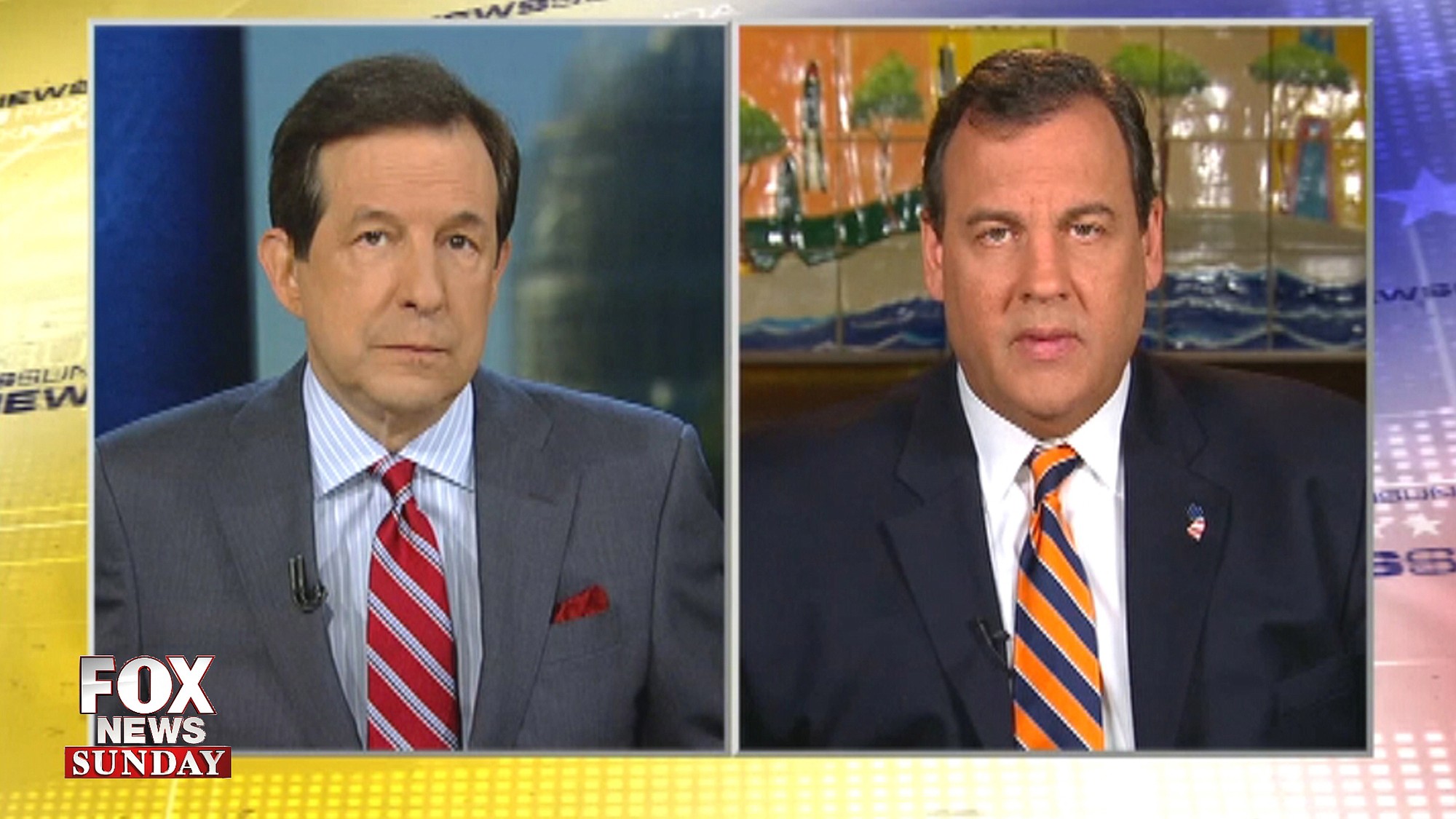WASHINGTON (AP) -- An Army two-star general and 11 of his staff are being isolated at the base in Italy upon returning from serving in West Africa to help with the Ebola fight.
The general and his staff were met by Italian security officials wearing full hazardous materials suits when they arrived in Vicenza, Italy, over the weekend, a senior military official said Monday.
Maj. Gen. Darryl A. Williams, the commander who led the U.S. response in Liberia, and the members of his headquarters staff were some of the first troops to go to Liberia and were there to provide the initial assessments of the military needs and to begin coordinate the U.S. response. They did not have contact with Ebola patients.
But the Army told Williams and his staff before leaving Liberia that they would be isolated near their base in Vicenza, Italy, for 21 days and they had prepared for it, said the military official, who was not authorized to discuss the issue publicly by name, so spoke on condition of anonymity.
It's not clear whether Williams and his staff were aware they were going to be greeted by teams dressed in hazmat gear.
The Obama administration has resisted efforts to order isolation or quarantine for people working in West Africa. Officials say they want decisions grounded "in science" and don't want to discourage volunteer medical professionals from going to Africa to help fight Ebola, which has infected upward of 10,000 people and killed nearly half of them.
Army Col. Steve Warren, a Pentagon spokesman, said Monday that Army leaders made the decision to have any soldiers returning from Africa isolated and monitored for the three-week time frame. It's not clear who in the Army made the decision, and so far Defense Secretary Chuck Hagel has not ordered similar action by the other military services that have troops in Africa.
So far only 12 soldiers are in isolation in Italy, but dozens more soldiers are expected to return to Italy in the coming days and they will also go to the isolation facility.
So far, the decision only affects the Army, but that could change. Warren said the decision was made out of an abundance of caution, and that none of the soldiers have shown any signs of Ebola infection. But Warren said the issue continues to be assessed. Warren said there was no exposure incident that triggered the decision, but the soldiers will be checked regularly for any Ebola symptoms.
According to the military official, the soldiers are in a building near the base that includes a dining tent, a gym and other facilities. The building has 56 four-person rooms, 24 single rooms and three VIP rooms.
The soldiers will be restricted there and will not be allowed to go to their homes for 21 days. They will not be interacting with other people, except medical professionals who are monitoring them.



